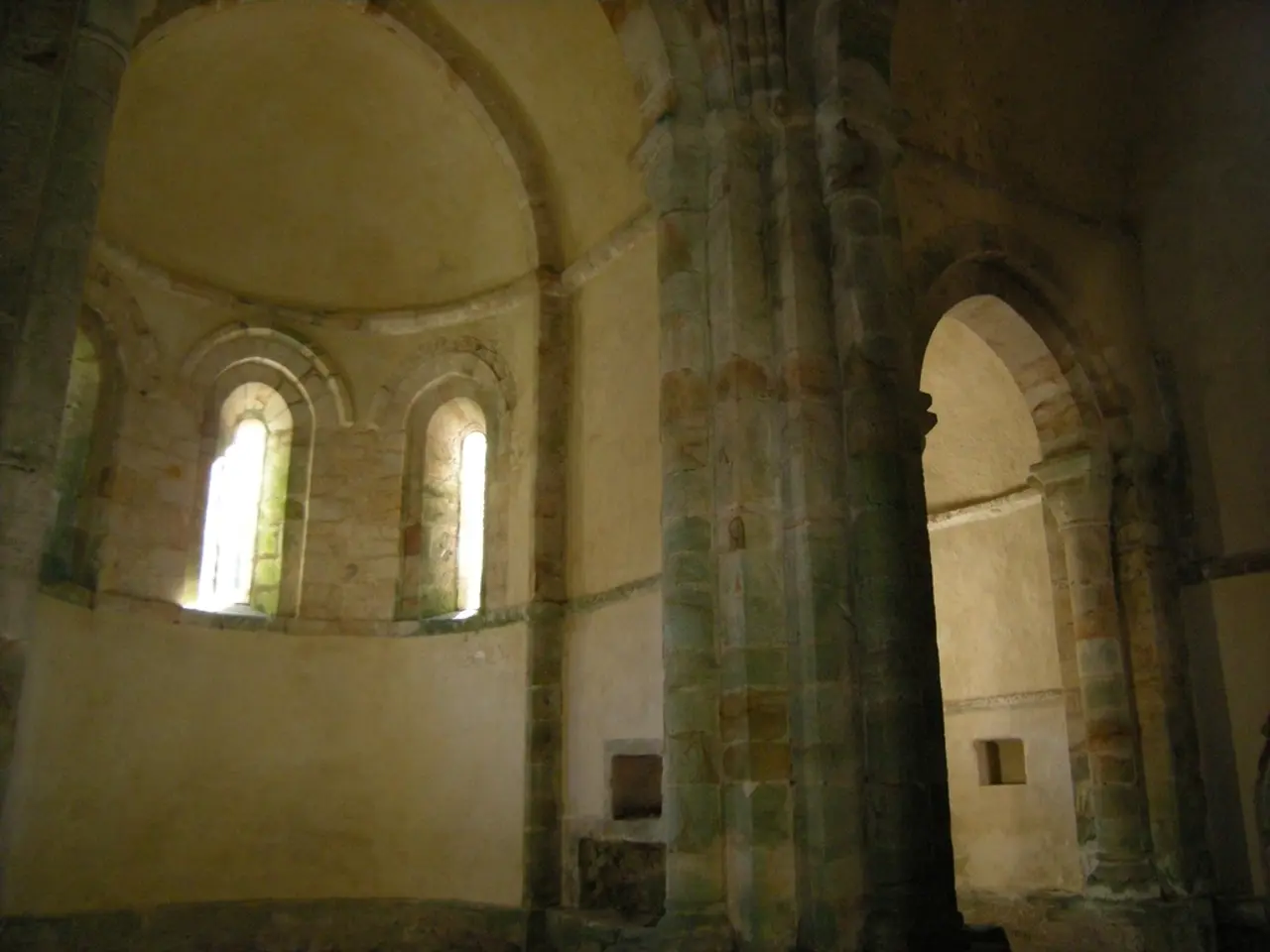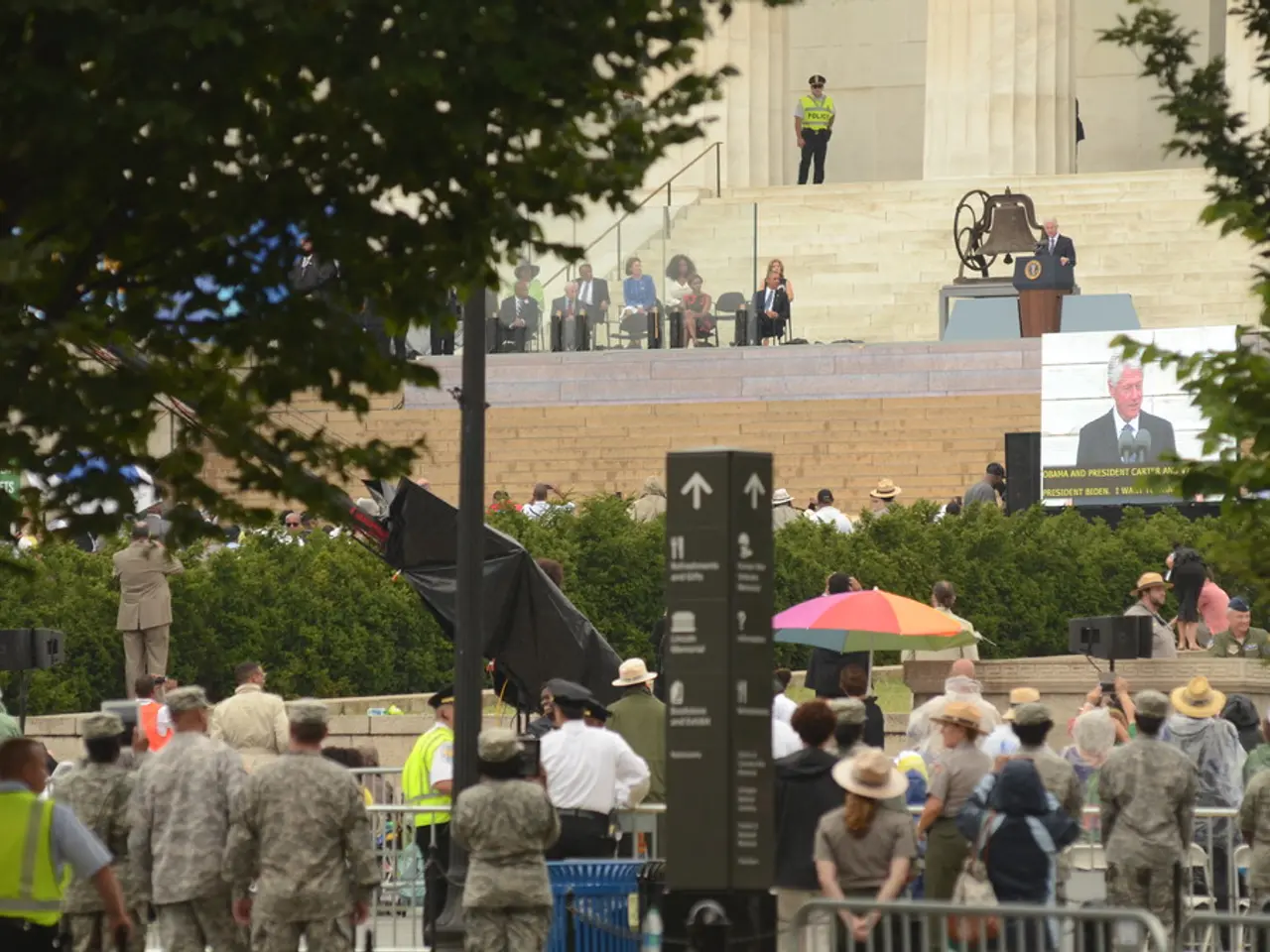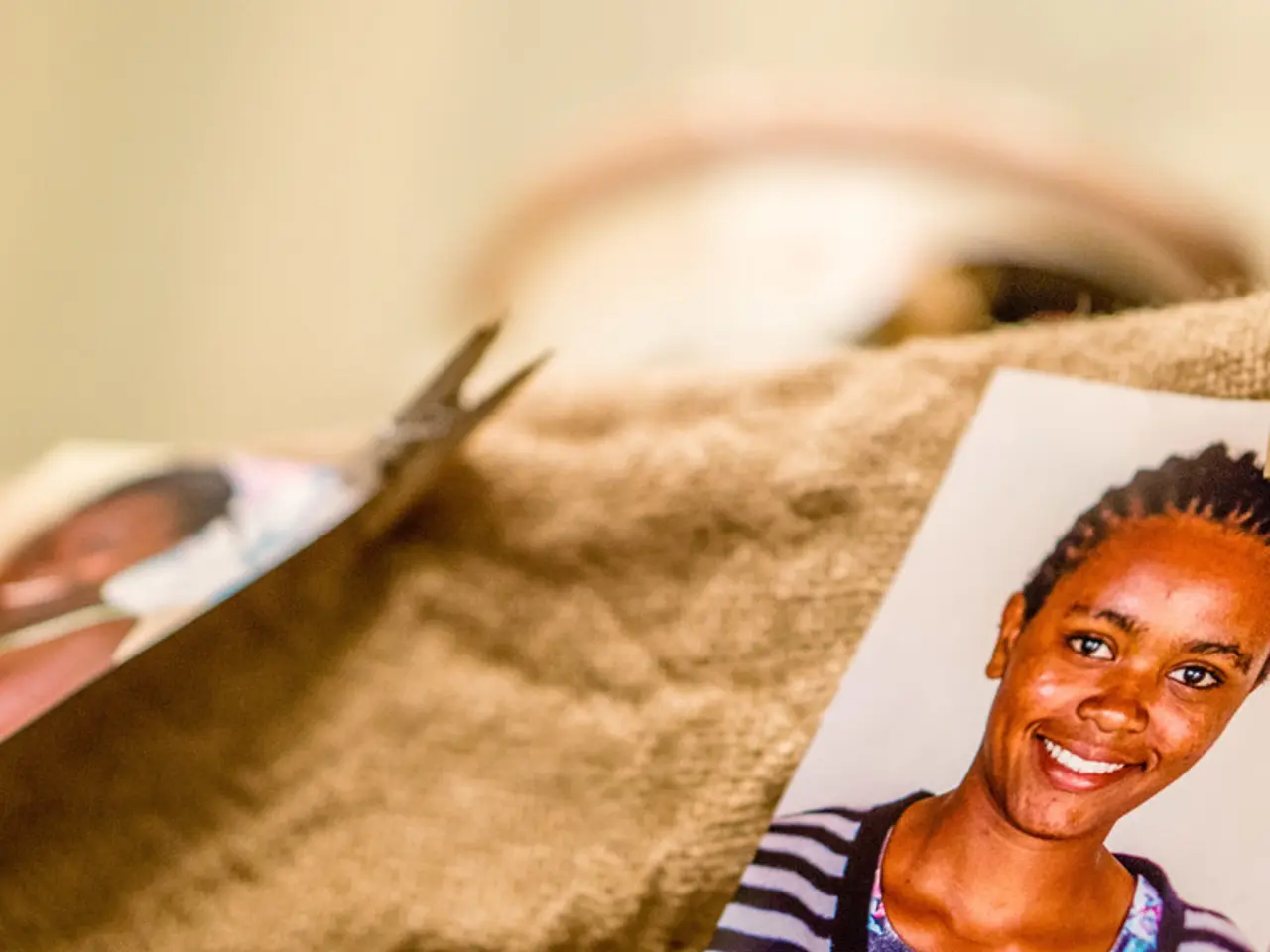Lower Number of Refugees Settled in Brandenburg than Anticipated
In Brandenburg, the integration of refugees is currently facing significant hurdles, according to research conducted by Social Science Works. The study highlights that integration is stalling, particularly in shared accommodation facilities, where refugees often experience social isolation, lack of adequate support, and are hampered by bureaucratic complexity that affects their access to housing, schooling, employment, and asylum processes.
The bureaucracy in Brandenburg is described as complex, inflexible, and overloaded, leading to frustration and demotivation among refugees, which in turn hampers their social inclusion and employment prospects.
Amidst these challenges, the state government is taking steps to improve the situation. Around 3500 people have been distributed to municipalities in Brandenburg, with the state offering an investment flat rate of an additional 7000 euros per place in newly created accommodations. The state government will also pay an additional 50 euros per person as a flat rate to further relieve municipalities in integration.
To address the issue of rejected asylum seekers, a "Switch Tracks" project is being initiated. SPD parliamentary group leader Daniel Keller advocates for the consistent return of individuals without a prospect of staying, but also for this new opportunity. Refugees accepted into the "Switch Tracks" project can be given a residence perspective if there are grounds to assume that they can support themselves. Keller argues that allowing refugees to "switch tracks" is in Germany's interest, as it could gain workers.
The state covers the additional costs arising from wage increases in security services, and provides funding for 62 integration worker positions dealing with Ukrainian refugees. State Secretary Michael Ranft is currently in negotiations with several major cities and districts about locations for the "Switch Tracks" project, but did not name any due to agreed confidentiality.
Despite the challenges, Brandenburg continues to receive refugees. In January, 946 refugees arrived, followed by 620 in February, 934 in March, and 1008 so far in April. However, significantly fewer people have arrived than expected, with an estimated 26,000 refugees expected to arrive in Brandenburg this year.
The state hosts around 1.2 million Ukrainian refugees as of May 2025, but the exact figures for Brandenburg were not found in the current results. Some eastern German towns, including in Brandenburg, attempt to encourage settlement with innovative offers like free trial living to counter depopulation, which may affect refugee accommodation patterns.
As the state government aims to quickly increase reception capacities in municipalities and promote more integration, it is crucial to address the bureaucratic, social, and administrative barriers that hinder the integration process. The "Switch Tracks" project is a step in the right direction, offering a chance for rejected asylum seekers to integrate and contribute to the region.
- The complex bureaucracy in Brandenburg, often associated with war-and-conflicts, politics, and general news, is a significant hurdle for the integration of refugees, as it leads to frustration and demotivation that hinders their social inclusion and employment prospects.
- Acknowledging the problem of rejected asylum seekers, the "Switch Tracks" project, which falls under crime-and-justice and migration, is being initiated to offer these individuals a chance for residency and integration if they can support themselves, potentially contributing to the region's economic growth.
- As Brandenburg continues to face migration due to war-and-conflicts and its associated social issues, addressing the bureaucratic, social, and administrative barriers, including the ongoing negotiations for the "Switch Tracks" project locations, is crucial for promoting more integration and quickening the increase of reception capacities.




